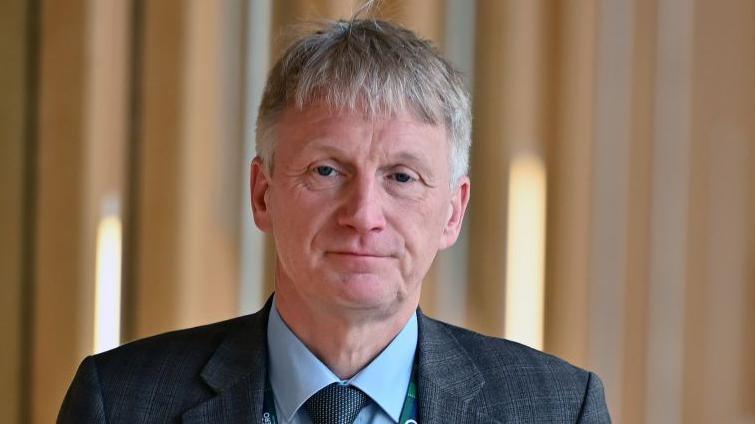Budget must not cap council tax rises - Cosla
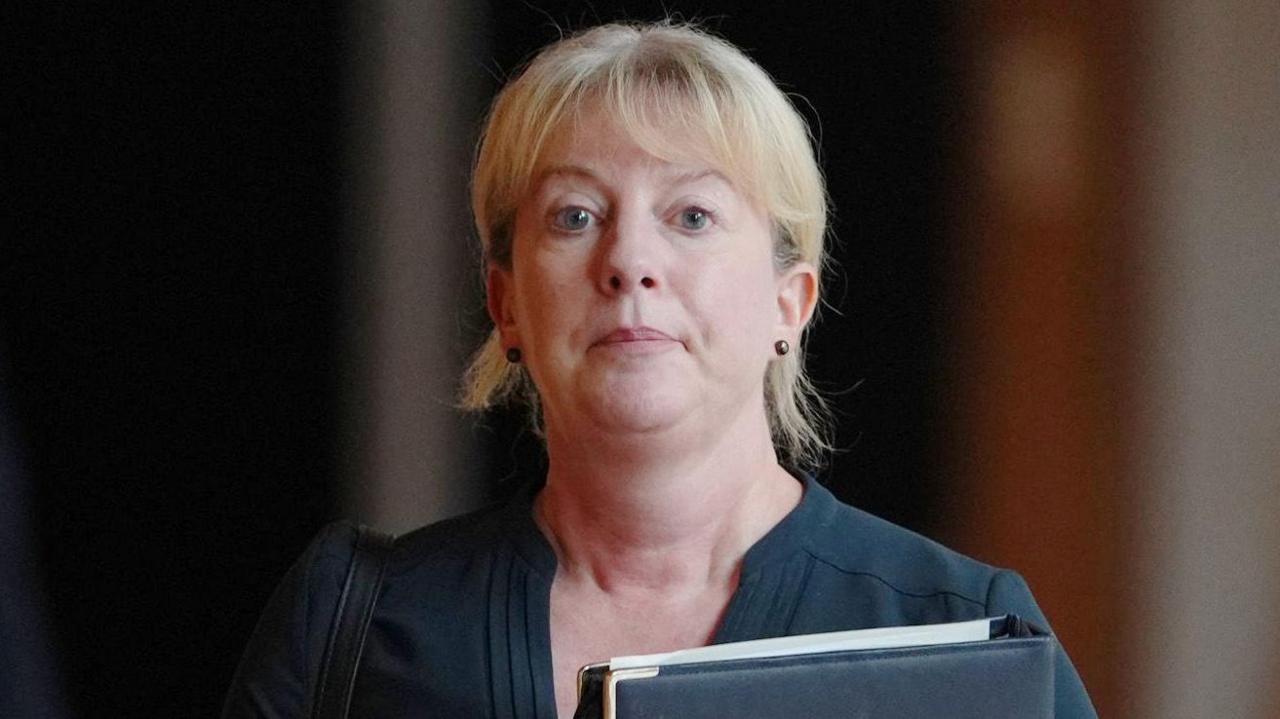
Finance Secretary Shona Robison will present her Budget on Wednesday
- Published
Scotland's Budget needs to end a freeze on council tax and must not cap possible increases, local government body Cosla says.
Katie Hagmann, the group's resources spokesperson, said a council tax increase was essential due to the "need to protect vital services".
On BBC Scotland's Sunday Show Social Justice Minister Shirley-Anne Somerville refused to confirm if the Budget on Wednesday would bring an end to the freeze.
The policy was unexpectedly announced last year at the SNP conference by former first minister Humza Yousaf, angering councils who were taken by surprise.
Ms Hagmann, an SNP councillor in Dumfries & Galloway, said local authorities were "acutely aware" of the ongoing cost of living crisis.
But she said increasing tax was not something councils wanted to do in a "complex landscape".
She said: "We have been consistent and clear that there should be no freeze on council tax and, importantly, there should be no cap either, because this is very much for local decision-making.
"The last thing local leaders want to do is raise council tax in a cost of living crisis, we are acutely aware of that, but we also need to protect those vital services."
Somerville 'will not comment' on council tax plans
Ms Hagmann said the lack of a cap would not necessarily mean huge increases, despite Argyll & Bute council previously voting for a 10% rise earlier this year - a decision they later reversed.
However, she argued that funding was needed to help with health, housing and other frontline services.
She added: "If we have a good settlement, a good budget, then that will affect council tax locally."
Shirley-Anne Somerville was questioned on The Sunday Show about reports suggesting the end of the freeze would be announced.
She said: "The council tax freeze was an important part of last year's budget because there was an exceptional push on a cost of living crisis and it was important that we took action on that.
"I love reading the newspapers the week before the budget, but I am not going to comment on speculation."
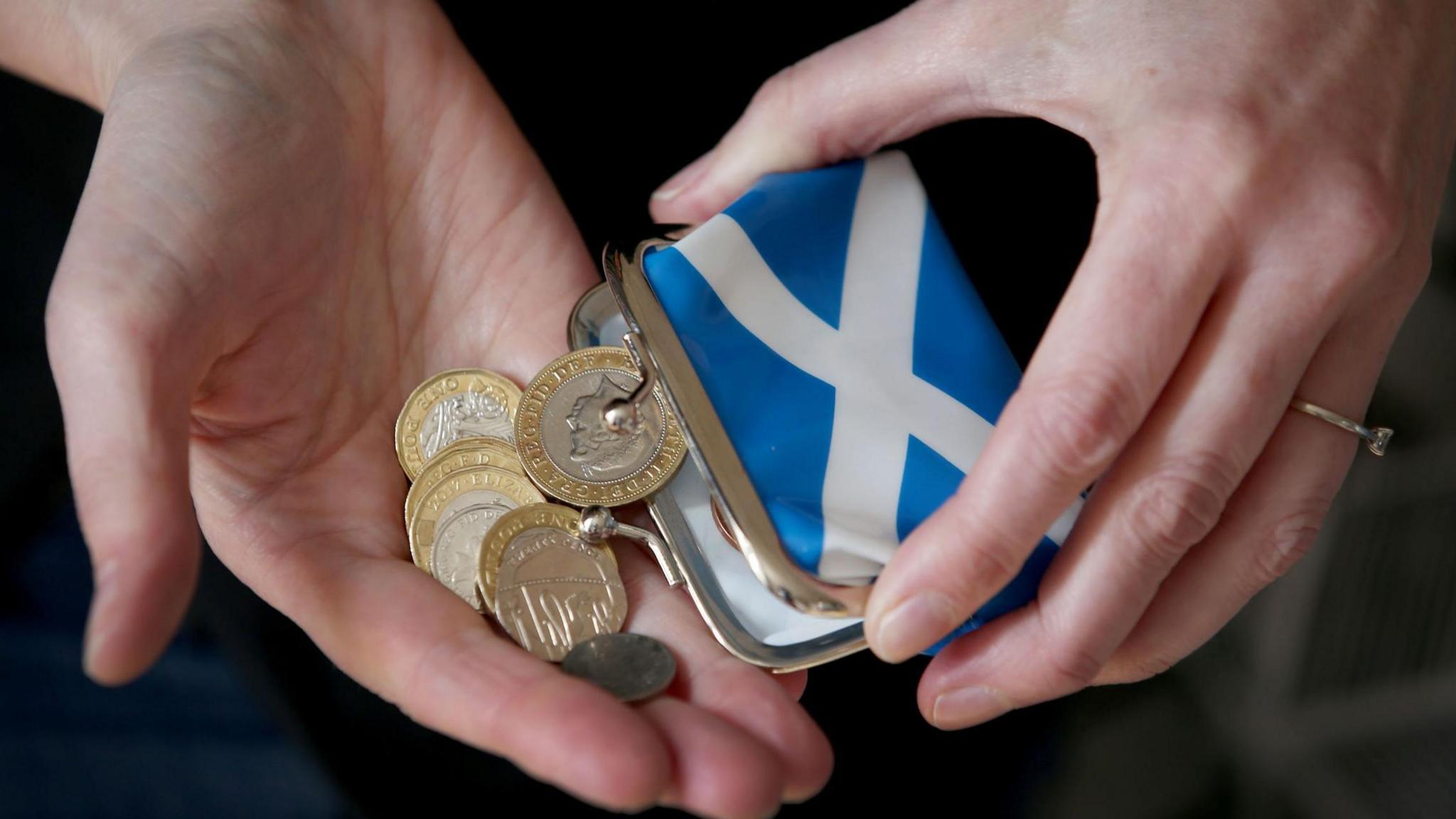
Cosla claim that the tax rise is needed for public services
The Scottish government's decision to implement a council tax freeze last year sparked a furious reaction from councils, with some local authorities - such as Inverclyde - arguing their case to ministers.
All 32 local authorities eventually agreed to the decision.
The SNP previously proposed raising council tax rates by as much as 22.5% for homes in higher bands last year, but switched their plan due to the impact of the cost of living crisis on people's finances.
Somerville also denied claims in the Sunday Times newspaper that her announcement last week of winter fuel payments for elderly Scots had played out like an episode of comedy The Thick of It.
The funds - which are limited to one payment per household - will be paid through a new Scottish Parliament benefit, which will not be ready until late 2025.
'Foundations of success'
The newspaper suggested the policy was a response to Scottish Labour proposals to reintroduce the payments - which the SNP said they had to drop due to UK Labour government cuts to Scotland's funding.
Somerville said: "I'm a great fan of the Thick of It but it had absolutely nothing to do with last week.
"The first minister said many, many weeks ago that we were actively considering what to do with the winter fuel payment."
On wednesday, Finance Secretary Shona Robison will set out the Scottish Government's tax and spending plans - the first Budget since John Swinney took office as First Minister
The Budget comes against a backdrop of dire public finances, partly alleviated by a £3.4bn increase caused by UK government spending decisions.
Robison said her Budget would deliver "progress for Scotland, by Scotland - laying the foundations for Scotland's long-term success".
- Published4 December 2024
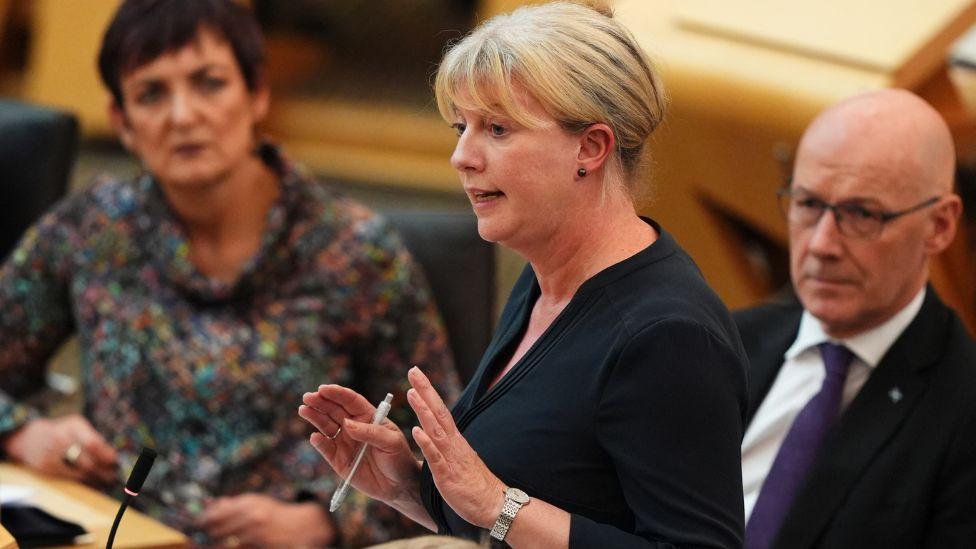
- Published28 November 2024
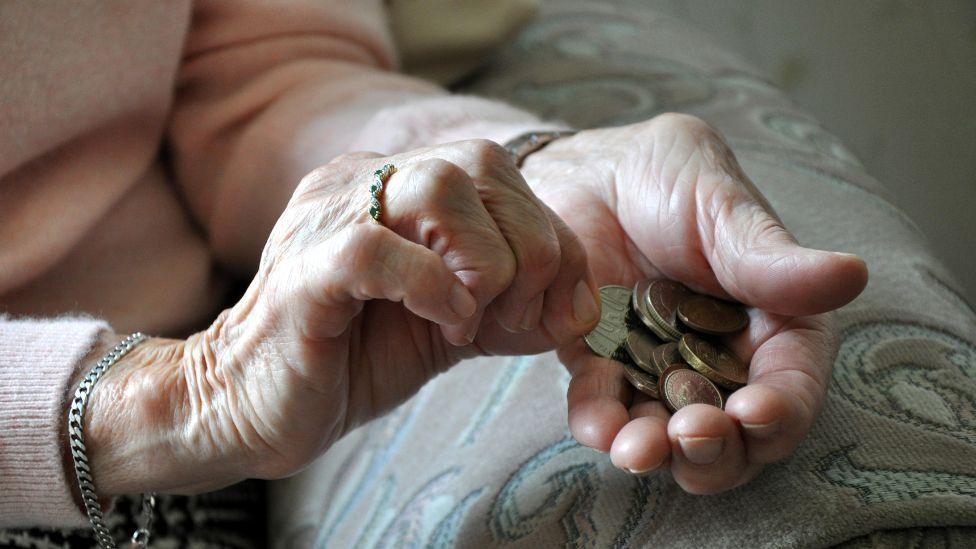
- Published9 October 2024
